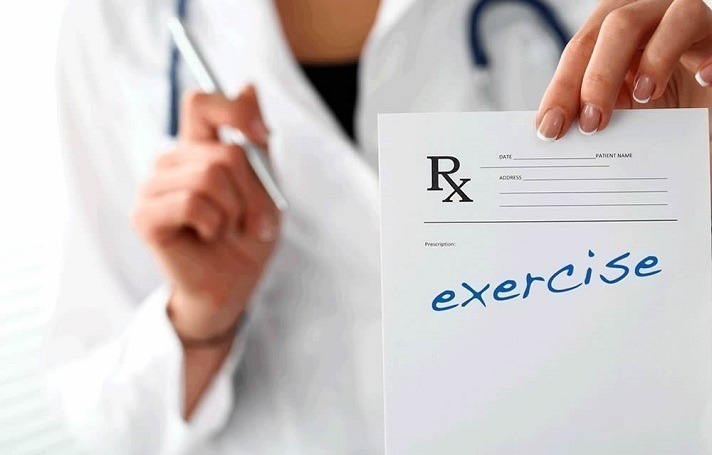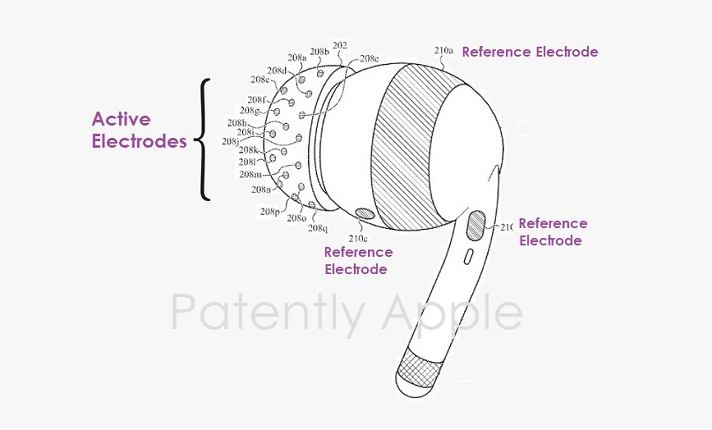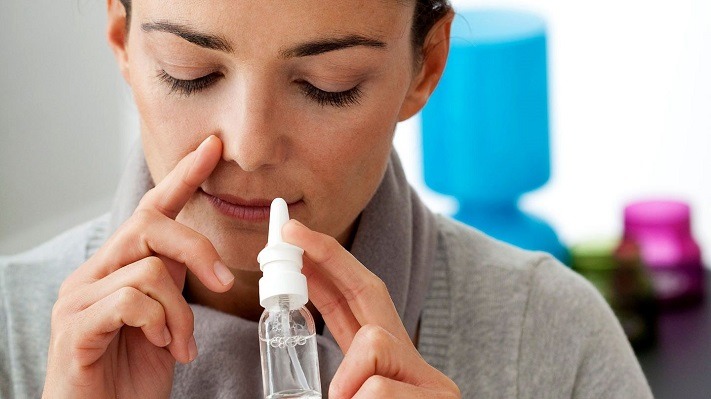Posts Tagged ‘Apple’
Time for a universal “exercise prescription” for kids and adults to boost cognition and mental health?
Welcome to a new edition of SharpBrains e‑newsletter, featuring this time a range of brain research findings, tools and controversies plus some brain teasers to challenge your (and our) working memory. #1. Major evidence review supports an “exercise prescription” for most adults to boost mental health “Higher intensity physical activity was associated with greater improvements”…
Read MoreJust-published Apple patent signals aim to measure brain activity using AirPods sensor system
Apple Invents a next-generation AirPods Sensor System that could measure Biosignals and Electrical Activity of a User’s brain (Patently Apple): Today the US Patent & Trademark Office published a patent application from Apple that relates to a next-generation of AirPods Sensor System wherein the housing and tips of AirPods could include a number of active and…
Read MoreThe new frontier in neurocognitive monitoring and dementia screening: the Apple Watch
Biogen to Launch Pioneering Study to Develop Digital Biomarkers of Cognitive Health Using Apple Watch and iPhone (press release): Biogen Inc. (Nasdaq: BIIB) today announced a new virtual research study, in collaboration with Apple, to investigate the role Apple Watch and iPhone could play in monitoring cognitive performance and screening for decline in cognitive health…
Read MoreUpdate: The placebo effect works even when people know they are taking a placebo
Welcome to a new edition of SharpBrains’ e‑newsletter, featuring 14 research findings, resources and tips for brain health … and starting with this fascinating study: #1. Wow. The placebo effect works even when people know they are taking a placebo #2. Beating Alzheimer’s Disease will require a combined physical/ mental approach: From the ten factors found…
Read MoreUCLA launches major mental health study collecting & analyzing data from Apple wearables to better understand depression and anxiety
Apple and UCLA kick off a three-year depression study (CNBC): UCLA on Tuesday said it is launching a three-year study to better understand how factors such as sleep, physical activity, heart rate and daily routines impact symptoms of depression and anxiety. UCLA is working with Apple to design the study, which will use data collected…
Read MoreKaiser Permanente offers Calm mental fitness app at no cost to millions of members
Meditation app Calm is now free for Kaiser Permanente’s millions of members (CNBC): Kaiser Permanente is trying to give its 12.4 million members a little bit of calm. Starting Tuesday, the health-care provider is allowing patients to download the Calm meditation app for free as part of a way to help customers manage anxiety as they…
Read More




